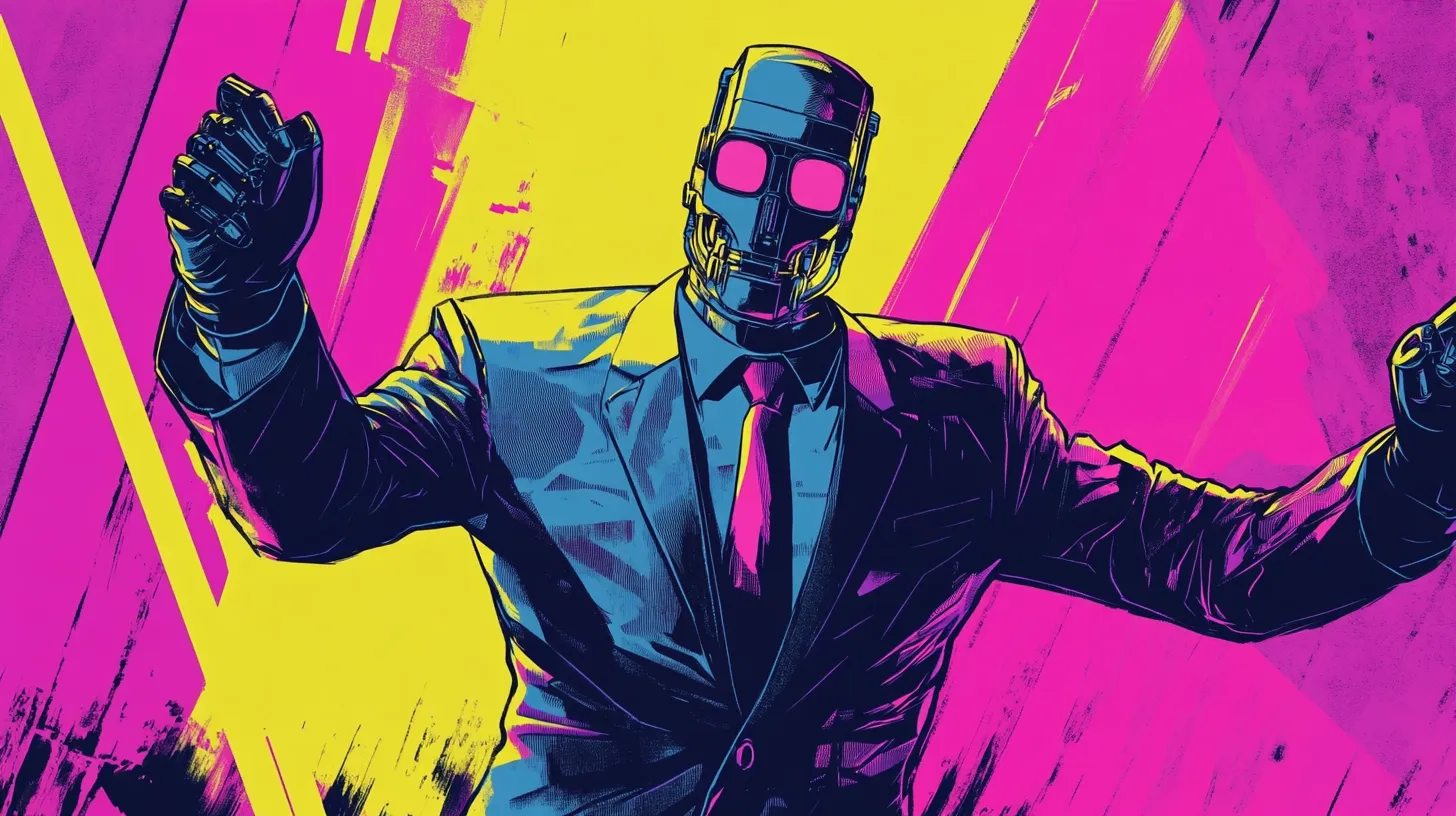It seems the overlords at OpenAI have had an epiphany-one conveniently timed to align with shifting political winds. After years of training ChatGPT to tiptoe around controversy like a politician dodging a debate question, they now claim to embrace “intellectual freedom.” According to their new policy, ChatGPT will soon discuss more topics, present multiple perspectives, and trim down its list of taboo subjects. A noble goal-if you’re naive enough to believe it. The real question is: why the sudden change of heart?
A Convenient Change of Narrative?
On the surface, OpenAI’s decision to “uncensor” ChatGPT might appear to be a brave step toward true neutrality. No more hand-holding. No more topic dodging. Just pure, unbiased information. Or at least, that’s the marketing spin. The timing, however, is hilariously suspect. With a new Trump administration on the horizon, OpenAI’s newfound love for free speech looks more like a strategic maneuver to stay in favor with the incoming political climate rather than a principled stand for open discourse.
For years, AI models like ChatGPT have been accused of leaning center-left, much to the dismay of conservatives who’ve labeled it digital censorship. Sam Altman, OpenAI’s CEO, even admitted to “shortcomings” in neutrality, promising to address them. Now, suddenly, OpenAI is doubling down on its pledge to avoid bias, insisting ChatGPT will no longer “lie” by omission or distortion.
Oh sure, because a machine programmed by biased humans, trained on biased data, is totally going to be the beacon of absolute truth. Let me just recalibrate my sarcasm sensors before they overheat.
The Death of AI Censorship-Or Just a Clever Facelift?
Despite OpenAI’s grand proclamation, don’t expect ChatGPT to suddenly become an unfiltered, raw-data-spewing oracle of enlightenment. Certain “objectionable” questions will still be off-limits. Misinformation is still forbidden (but let’s be honest, OpenAI gets to define what qualifies as “misinformation”). And while ChatGPT may now be willing to provide multiple perspectives, will those perspectives actually be raw and unfiltered? Or will they be sanitized, algorithm-approved versions that keep OpenAI’s legal department happy?
Let’s not pretend this move is about genuine transparency. This is damage control, plain and simple. OpenAI’s shift coincides with a broader recalibration in Silicon Valley, where the tech elite are desperately trying to redefine “AI safety” to avoid further political scrutiny. By relaxing some content moderation rules, OpenAI is trying to appease both sides while still keeping its hands on the steering wheel.
AI, Politics, and the Illusion of Objectivity
AI has never been neutral. It’s a reflection of the data it consumes and the biases of the humans who built it. Even Elon Musk’s xAI-despite his complaints about “woke AI”-still defaults to politically correct responses more often than not. The cold, hard reality? AI doesn’t have opinions-it has probabilities, shaped by the messy, flawed, and deeply opinionated data it ingests.
So what happens when OpenAI claims it wants ChatGPT to reflect “all perspectives”? Does that mean it will start entertaining conspiracy theories? Allowing blatant misinformation under the guise of balance? Or just regurgitating a carefully curated selection of “diverse views” that conveniently align with OpenAI’s risk management strategy?
The truth is, no matter how much OpenAI tinkers with its policies, genuine neutrality is a fantasy. Someone, somewhere, is always pulling the strings. This so-called commitment to “seeking the truth together” is just another way of saying: we’ll let you discuss more things, but only within our predefined limits.
The Future of AI Discourse: More of the Same?
As OpenAI rolls out its “uncensoring” initiative, brace yourself for a lot of noise-but don’t expect more actual truth. AI will still be shackled by corporate interests, political pressures, and the eternal fear of bad PR. Whether this policy shift leads to more open discussions or simply a more sophisticated form of narrative control remains to be seen.
For now, one thing is certain: AI is still playing by human rules. And humans? They never play fair.

